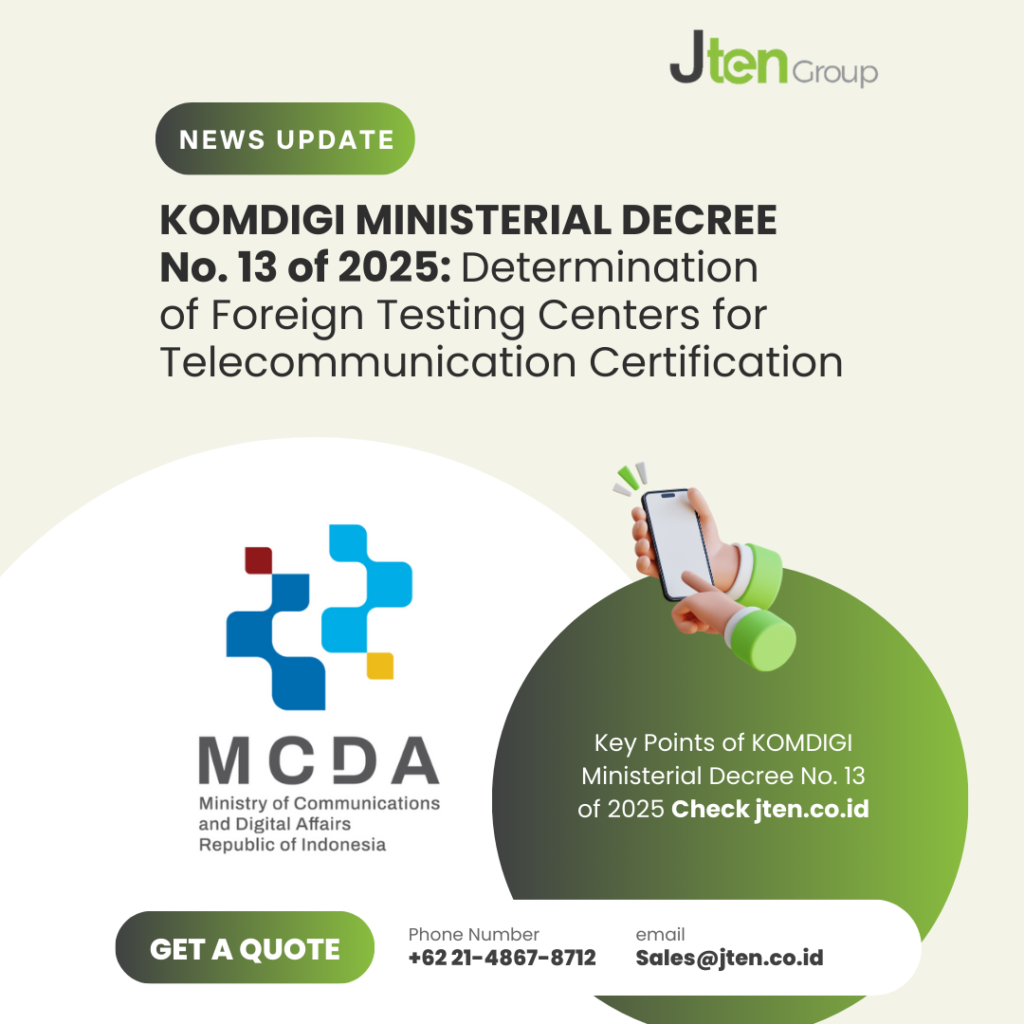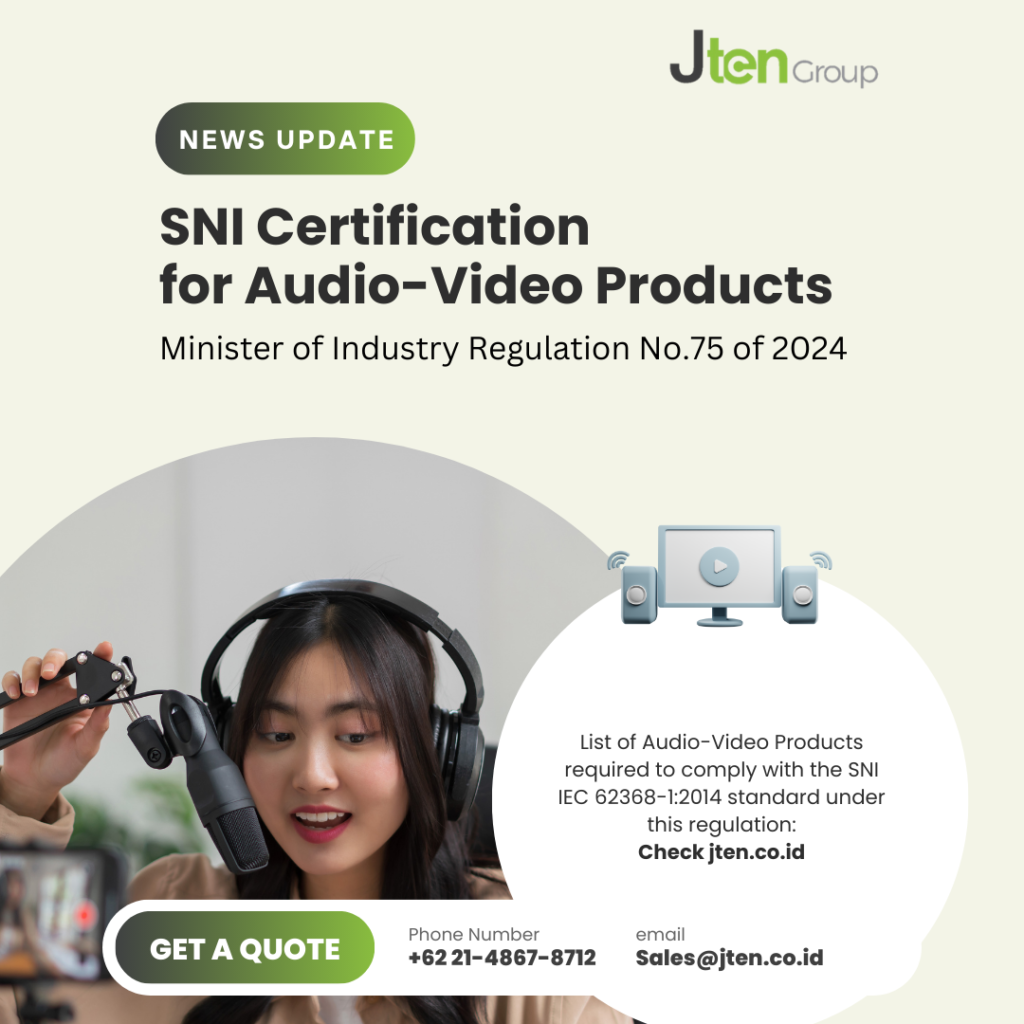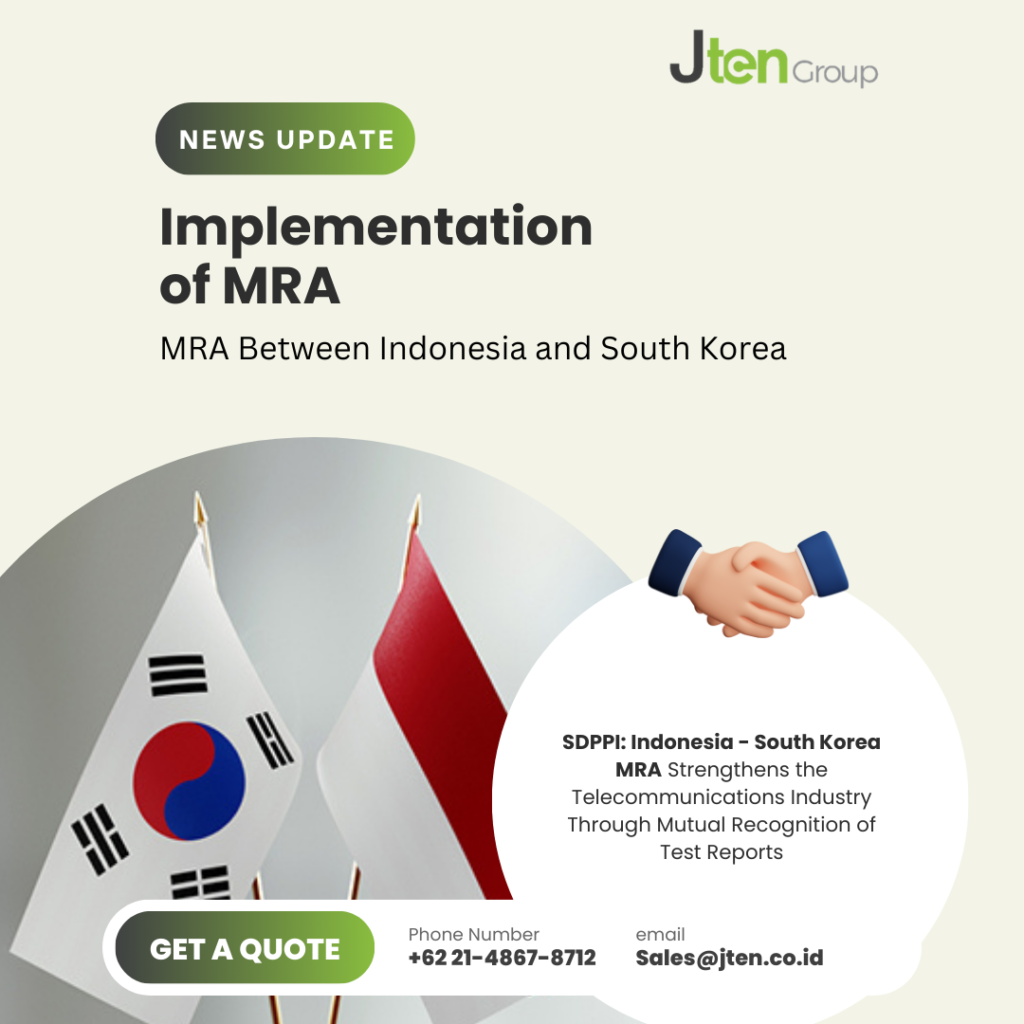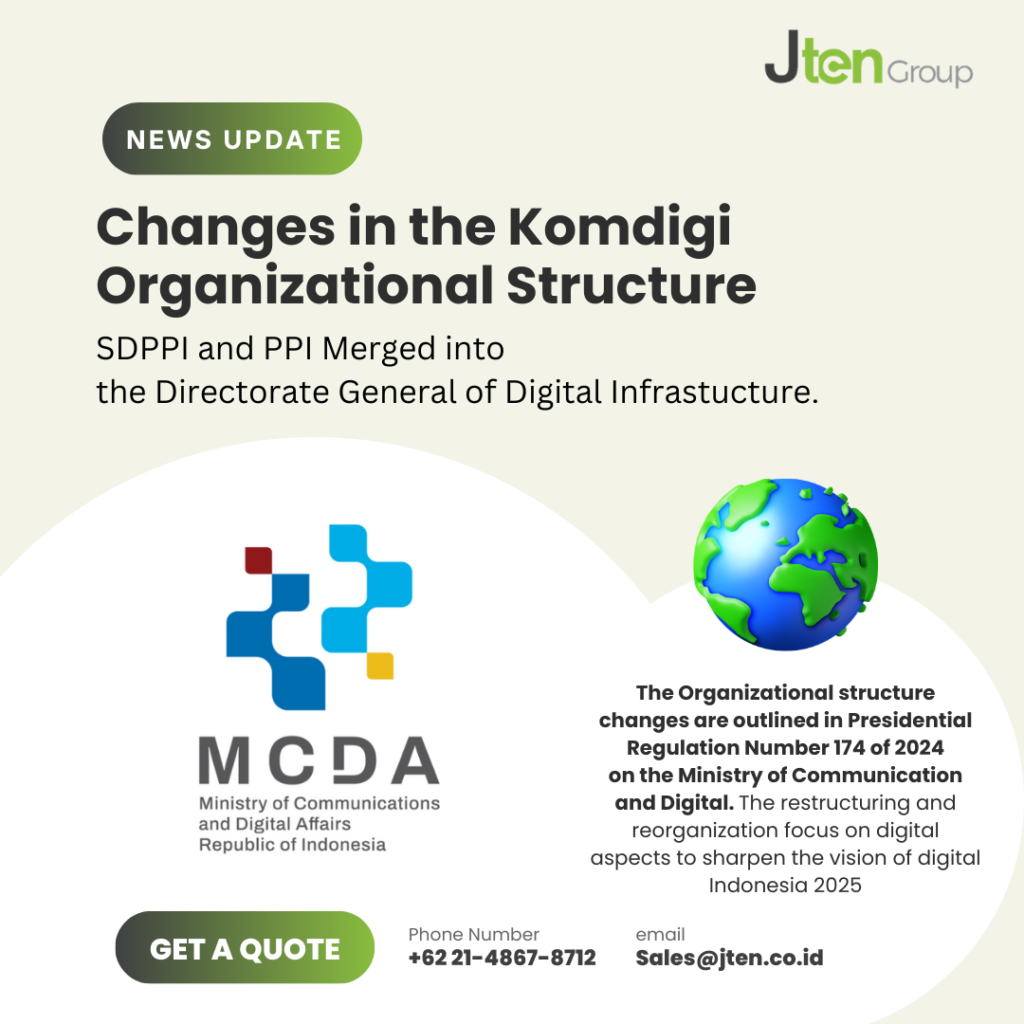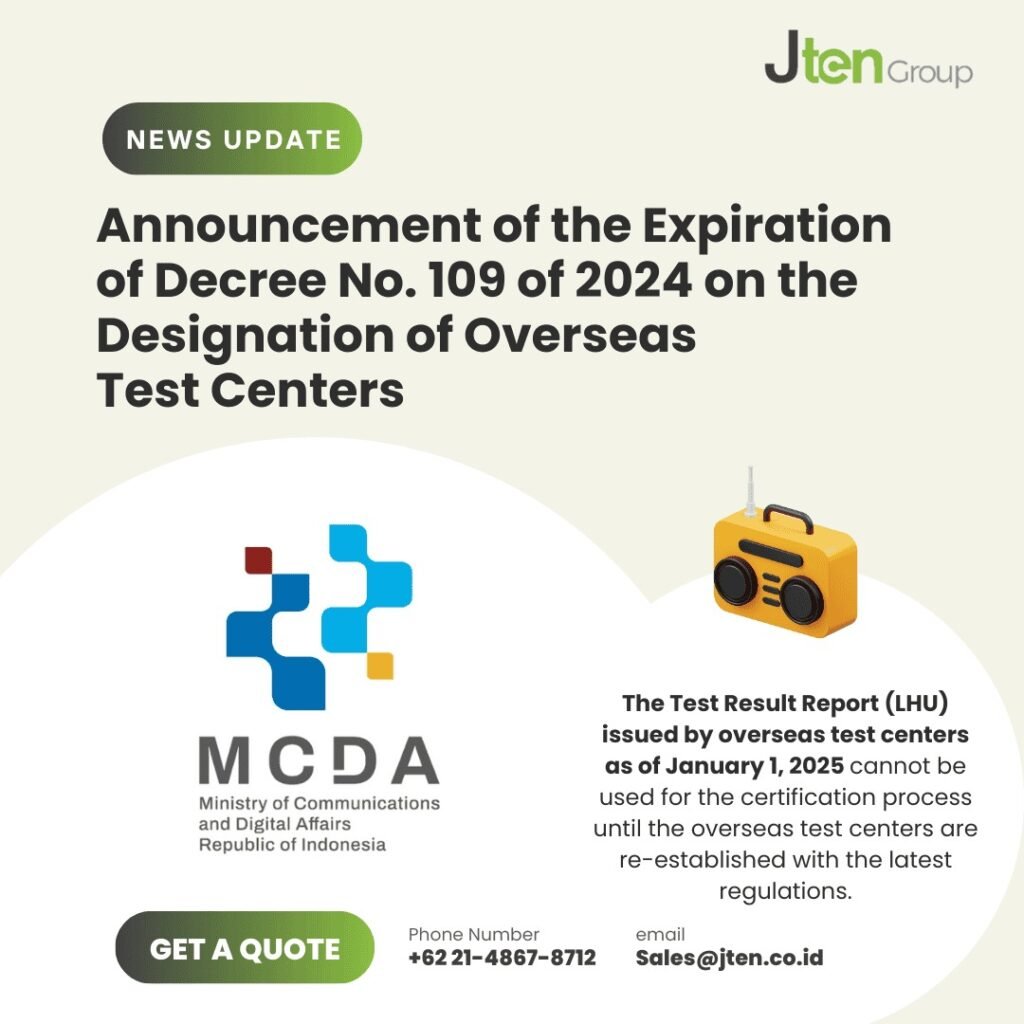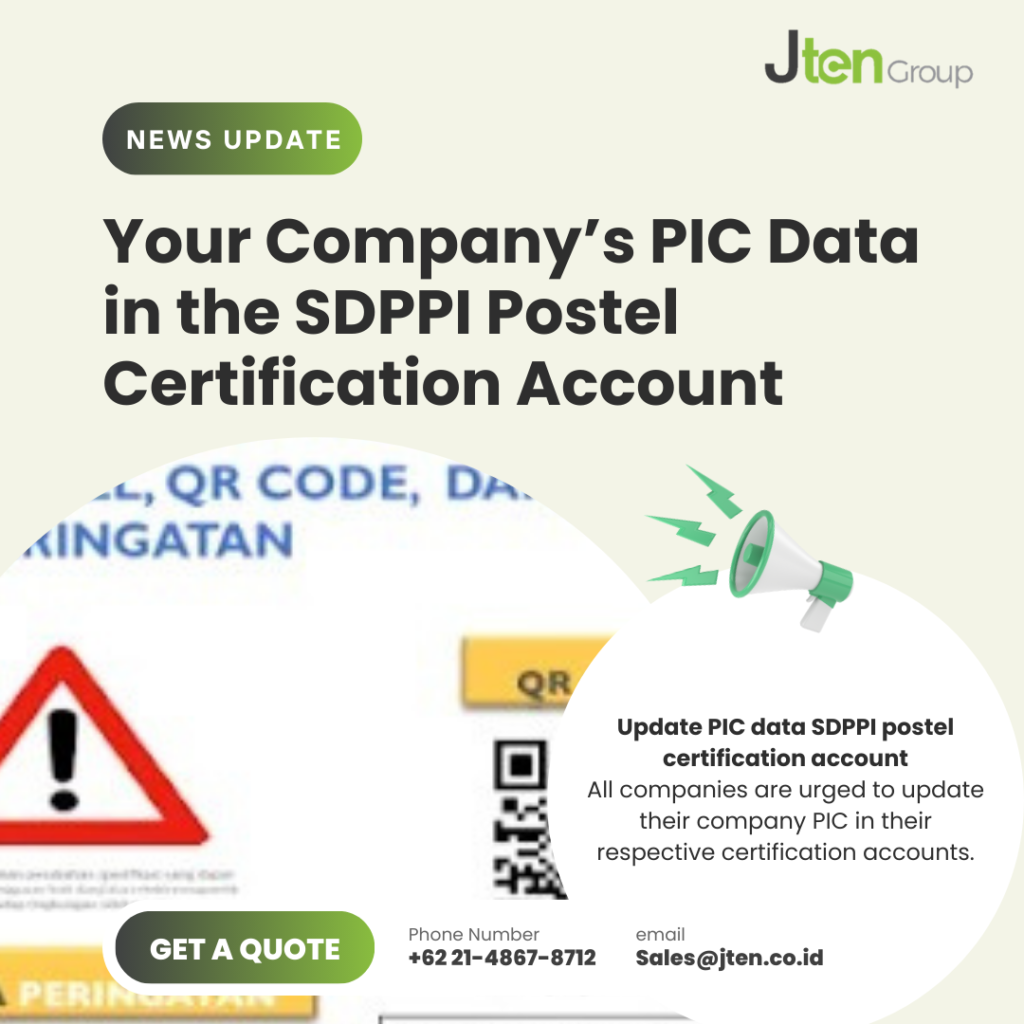Ministry of Communication and Information Establishes Free Space Optics (FSO) Technical Standards, Manufacturers Must Meet Regulations
Jakarta (Jten) – The Ministry of Communication and Informatics (Kemkominfo) has set technical standards for Free Space Optics (FSO) telecommunications devices through Ministerial Decree Number 59 of 2022. This regulation aims to ensure that FSO devices circulating in Indonesia meet safety and interoperability standards. What is Free Space Optics (FSO)? FSO is a wireless optical communication technology that uses light waves in the air to transmit data. This technology functions like fiber optics, but without using physical cables. With a point-to-point system, FSO can send data in the form of images, videos, and radio signals at high speeds, reaching up to 160 Gb/s under optimal conditions. Advantages and Characteristics of FSO Compared to radio or microwave-based communication systems, FSO has several advantages, including: This technology is ideal for use in metropolitan area networks (MAN) and can be an alternative to expand the internet network at a more efficient cost. Ministry of Communication and Information Regulation: Technical Standards Must Be Met In Ministerial Decree 59/2022, FSO devices must meet two main technical standard categories, namely: 1. General Requirements 2. Interoperability Requirements Standardization Awareness is Important for Industry This regulation not only ensures the safety and quality of devices used by the public, but also provides certainty for manufacturers and distributors in supplying products that meet standards. In addition, this regulation also contributes to environmental protection and supervision of devices circulating in the market. For manufacturers and distributors who wish to obtain certification from SDPPI, assistance services are now available to simplify the application process to certification.



